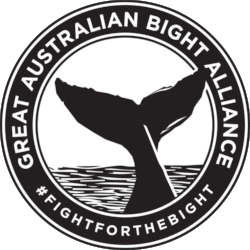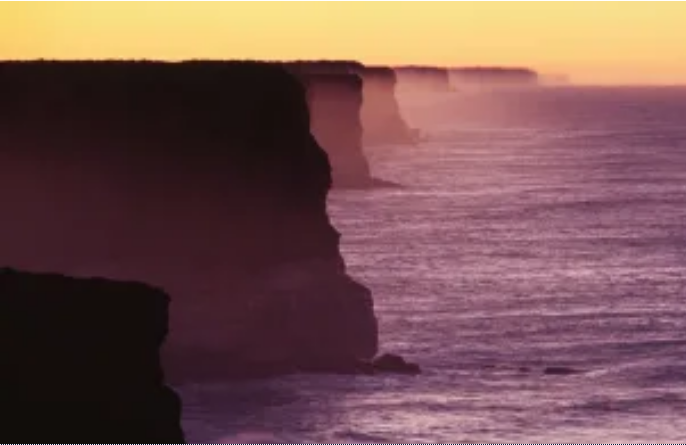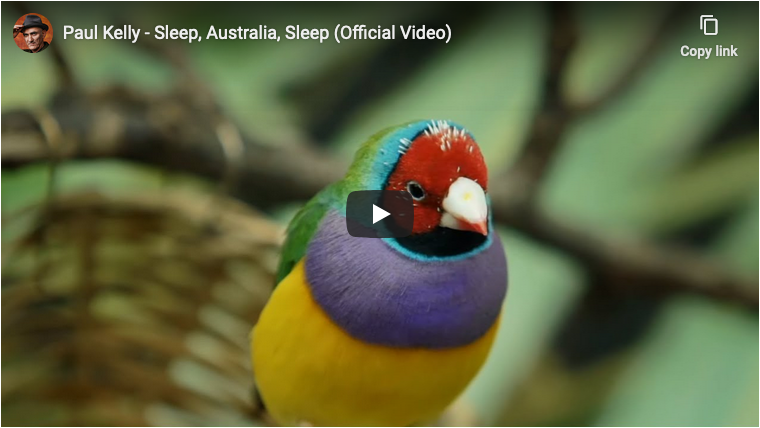The Great Australian Bight has been spared – for now. But can this pristine wilderness hold out forever against the hunger for its resources?
By Kathy Marks, The Weekend Australian Magazine August 22, 2020
In an excellent summary of the Fight for the Bight, Kathy Marks writes
At the Head of Bight, on Australia’s remote southern coast, the grandeur and the loneliness of nature are on conspicuous display. Behind you stretches the broad semi-desert of the Nullarbor Plain; ahead, the billiard table of the continent falls, as if sliced with a knife, into the heaving Southern Ocean. From the top of the 100m-tall Bunda Cliffs, looking out over the blue-green vastness, you fancy you can see the Earth’s curvature. Due south, next stop is Antarctica.
This is the Great Australian Bight, hundreds of thousands of square kilometres of ocean bordering a crescent of raw, wind-lashed coastline running from east of Esperance, in Western Australia, to the tip of South Australia’s Eyre Peninsula. One of the world’s most pristine marine environments, with more biodiversity than the Great Barrier Reef, the Bight is a haven for endangered species including southern right whales, which calve off the Head of Bight in winter. The chilly, nutrient- rich waters also produce some of the nation’s most highly-prized seafood, including southern rock lobster, Coffin Bay oysters and the sashimi-grade tuna fattened in pens off Port Lincoln.
Then there are the untapped riches thought to lie deep beneath the seabed: billions of barrels, potentially, of crude oil. For the past decade, a battle has raged over this submerged black gold, pitting fishermen, surfers, councils, tourism operators, environmentalists and traditional owners against the oil industry and its government proponents. Three multinationals have eyed up the Bight, then pulled out – most recently, in February, Norway’s state-owned Equinor, formerly Statoil.
Opponents hailed Equinor’s departure as a historic win, rivalling the victorious campaigns to prevent Tasmania’s Franklin River being dammed and construction of a gas hub in the Kimberley at James Price Point. The Federal Government is still pushing for the Bight to be exploited, however, linking its reserves to fuel security. Meanwhile, the small, isolated communities dotted along the coast have been left bruised by the years of strife. While “Fight for the Bight” crusaders are convinced a catastrophe has been averted, others rue the lost economic opportunities for a struggling, often overlooked region.
It’s worth reading the full article, which goes into the GAB campaign, the various companies who had laid claim to areas in the Bight, and ends with some thoughts on potential futures for the Bight.
…public opposition may have scared off overseas investors, who “thought these projects looked like too much trouble, with all the focus on surfboards and placards and social media”, says one industry source.
Amid a pandemic-inspired debate about sovereign capability, however, federal Resources Minister Keith Pitt is still spruiking the Bight as “a frontier opportunity”.
Read the full article at The Australian website (currently behind a paywall)

















